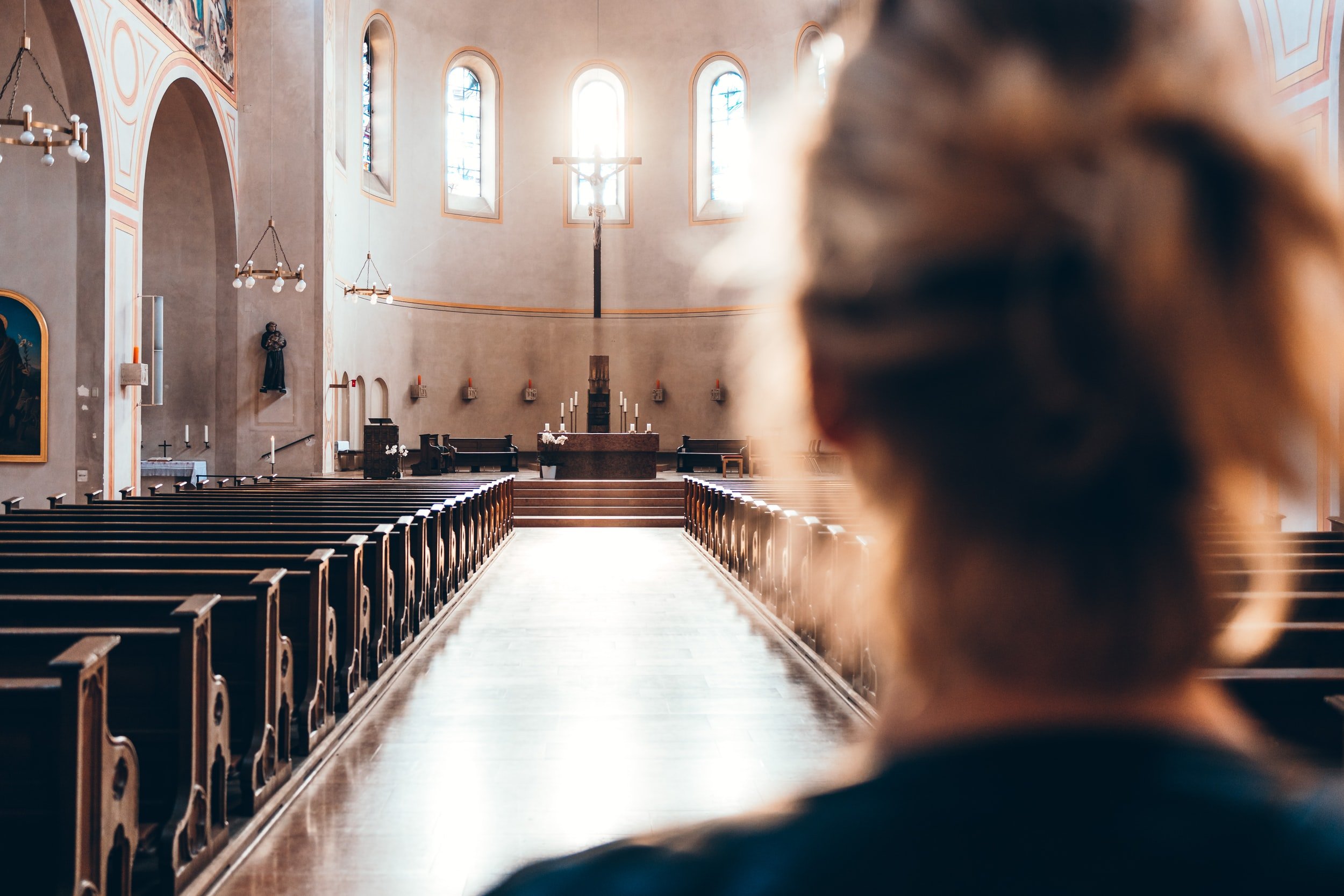Rewilding Our Sacred Earth
“The universe is the primary revelation of the divine, the primary scripture, the primary locus of divine-human communication.”—Thomas Berry
Note: This is part 4 in a series discussing how to rewild our faith. If you missed the first two parts, click here for part 1, here for part 2, and here for part 3.
Last week we asked our Twitter followers a simple question. Their answers were so surprising, we thought we’d ask you as well. Here goes: If the Bible never existed, could you still know God? Think about it for a second.
Miraculously, everyone of our Twitter followers answered with a resounding “Yes!”
Regardless of whether you believe the universe is 6,000 or 14 billion years old, because of the Bible’s short existence on the human stage, it is a new mode of divine revelation. Pre-dating the text is the original “word of God”—that is, creation itself. Maybe this is what the Apostle Paul meant when he wrote, “Ever since God created the world, God’s everlasting power and deity—however invisible—have been there for the mind to see in the things God has made.” But sadly, most of us have lost the ability to see the sacred in all things, to read divine revelation in the natural world. Our tragic disconnection with creation has been one of the chief means by which we have not only domesticated spirituality, but sent ourselves into a self-imposed exile from the divine. In our attempts to dominate and exploit creation instead of cultivate it, we’ve de-sacralized our earthly home.
The Church has mistakenly compounded our spiritual domestication by splitting the world into sacred and secular, spiritual and physical dichotomies. In so doing, it has sanctioned the sacred, controlling when, where, and how to experience the divine, conditioning us to look only in certain institutional places for the holy. But mother nature can’t be contained.
If we desire to rewild our faith, restore our souls, and return to original union with God, we must embrace an incarnational understanding of creation. God is not “out there” somewhere apart from the world, but rather right here “with us” at home in His good creation.
Simply stated, incarnationalism is the wild remembrance that God is both immanent and transcendent, within yet totally uncontained in the physical world. The divine presence is experienced in everything, and everything is held together by that presence. The world is both the hiding place and primary revelation of God, meaning there is no distinction between the sacred and secular. As poet Wendell Berry aptly puts it, “There are no unsacred places; there are only sacred places and desecrated places.”
This idea is also confirmed by the history contained within the Bible. The ancient Hebrews were just as likely to experience God under a shade tree, on the top of a mountain, in a barren desert, or in a burning bush than they were in the Temple or a text. If we could relearn how to see the sacred in all things, as our spiritual forebears saw, perhaps we’d recognize something of the uncreated within creation itself. Like Jacob, we would humbly proclaim, “Surely the Lord is in this place, and I was unaware!”
The natural world, in all its sacred wildness, is the primary revelation of God. Look around. Everything you see is sacred. Consider the lilies of the field, the birds of the air, the stars in the sky. The heavens proclaim the glory of God. “If humankind could have known God without the world, God would never have created the world,” wrote medieval theologian Meister Eckhart.
As we've examined what it means to rewild our faith, we’ve explored opportunities to restore our souls to their original essence, free ourselves from domineering dogmas, and see creation as the sacred, wild revelation of God. We hope your soul has been cultivated at its deepest level, awakening you to new ways of seeing yourself, your world, and the divine presence holding us together in sacred communion.
A Poem
Go out, go out I beg of you
And taste the beauty of the wild.
Behold the miracle of the earth
With all the wonder of a child.
A Practice
Do you have a place you go to be all alone with God? Maybe it's that ancient oak tree in the backyard or a high mountain meadow filled with wildflowers. Go there this week to worship in the wild. Feel God’s breath in the wind, hear God’s voice in the birdsong, see God’s power in the waves. Every creature you see in this sacred space is a word from God, revealing just a glimmer of His truth, beauty, and goodness. What wisdom is the book of nature teaching you today?
NOTE: This was originally published in our bi-weekly e-newsletter, Liminal Spaces. To get future issues delivered to your inbox, sign up here.










Season 5 of Holy Heretics drops October 15th!